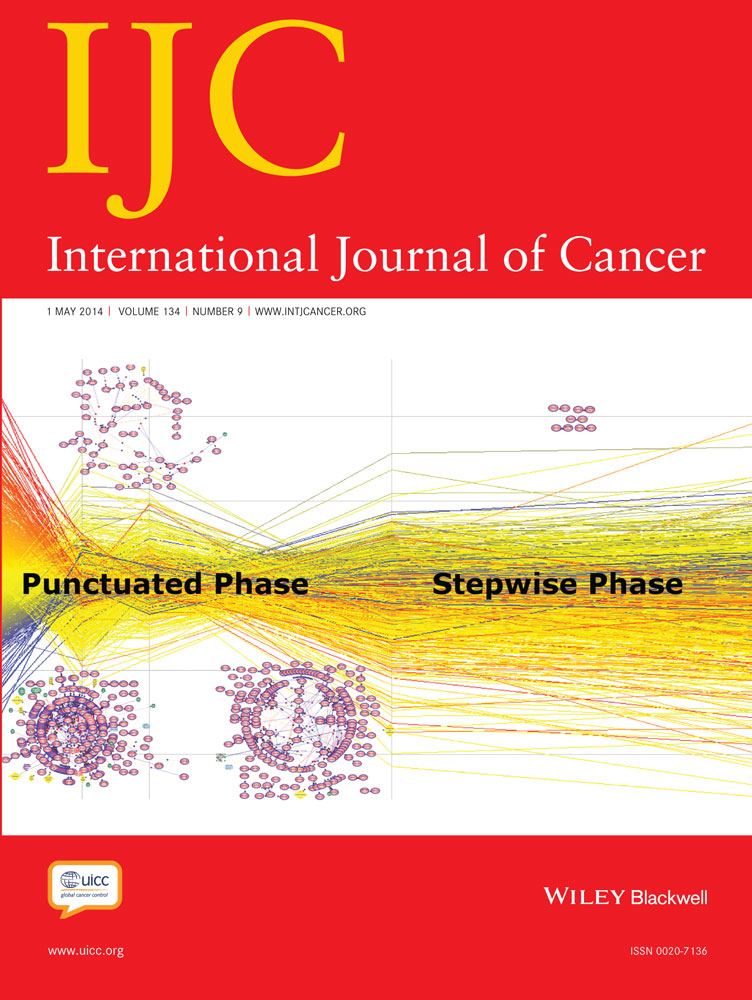KRAS mutation confers resistance to antibody-dependent cellular cytotoxicity of cetuximab against human colorectal cancer cells
Conflcts of Interest: FK received lecture and advisory fees from Merck Serono Co., Ltd. All other authors have declared no conflicts of interest.
Abstract
Cetuximab is a chimeric IgG1 monoclonal antibody (mAb) that targets the extracellular domain of epidermal growth factor receptor (EGFR). Oncogenic KRAS mutations in tumors have been shown to be a negative predictor of the response of colorectal cancer (CRC) to cetuximab treatment. Cetuximab exerts its therapeutic effects through several mechanisms including antibody-dependent cellular cytotoxicity (ADCC). However, the influence of KRAS mutations on cetuximab-mediated ADCC is not fully understood. Here, we investigated cetuximab-mediated ADCC in two pairs of isogenic CRC cells with or without a KRAS mutation. Peripheral blood mononuclear cells (PBMCs) from healthy volunteers and NK92, a natural killer (NK) cell line that exogenously expresses FcγRIIIa (CD16a), were used as effector cells. In an ADCC assay, perforin-dependent target cell lysis was not affected by the KRAS mutation status. On the other hand, perforin-independent ADCC was observed only in CRC cells with wild-type KRAS, but not in cells with mutant KRAS. Neutralizing experiments revealed that the Fas-Fas ligand (FasL) interaction was responsible for the induction of apoptosis and perforin-independent ADCC. Furthermore, the presence of effector cells clearly enhanced the growth-inhibitory effect of cetuximab only in CRC cells with wild-type KRAS, but not in those with mutant KRAS. These findings suggest that ADCC is an important mode of action of cetuximab and that KRAS mutation impairs the therapeutic effect exerted by cetuximab-mediated ADCC.
Abstract
What's new?
Antibody-dependent cellular cytotoxicity (ADCC) is an important mechanism of action for the anti-EGFR drug cetuximab. Oncogenic mutations in KRAS confer resistance to cetuximab treatment in colorectal cancer (CRC); however, it has been unclear whether these mutations impair cetuximab-mediated ADCC. In this study, the authors found that they do, and also identified an alternative, perforin-independent mechanism by which this occurs.




